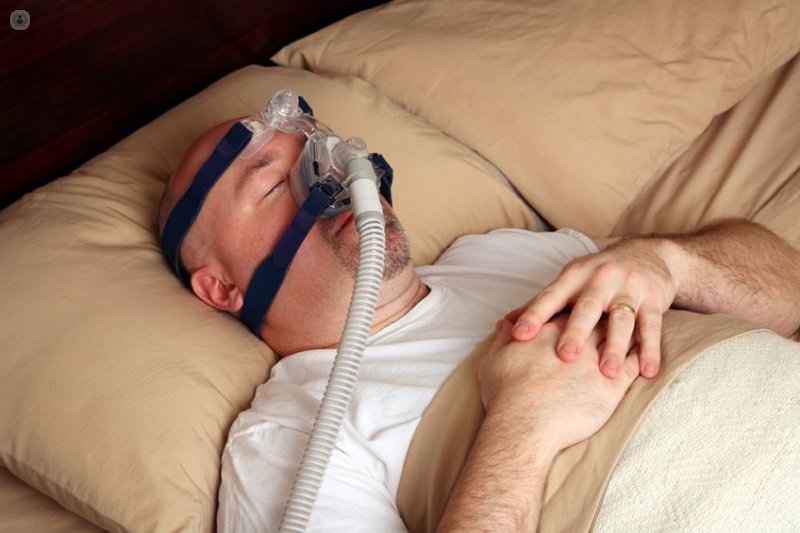Sleep apnea, snoring more than
Written by:Sleep apnea is one of the most common respiratory disorders characterized by collapse of the upper airway during sleep. This fact causes on the one hand constant deficiencies of oxygen and, on the other hand, repeated transient awakenings, which give rise to a fragmented and not reparative rest.

Symptoms of sleep apnea
The pairs and relatives of the patients are the ones that confirm the snoring and the respiratory stops during the dream. Pneumology specialists say that those affected by sleep apnea syndrome usually have a non-repairing sleep, report daytime sleepiness, often wake up at night with occasional startles and in the morning dry mouth and sometimes refer pain head.
Who does apnea affect?
It is a very frequent problem among the adult population, and usually prevails in 2% and 4% of the population. Middle-aged and preferably obese males are often the most affected. However, postmenopausal women account for between 12% and 35% of cases.
How is sleep apnea detected?
In patients with symptoms of sleep apnea, a sleep study should be performed, not only to confirm or not to diagnose, but also to assess the severity or intensity of the problem. Home-based respiratory polygraphy (simpler) has the advantage of practicing in the patient's home, which reproduces a "normal" night of him; with polysomnography (more complex) the patient must enter a specialized center, collect more information. In both cases, the patient is connected to a machine that collects information about the patient's sleep during the study.


